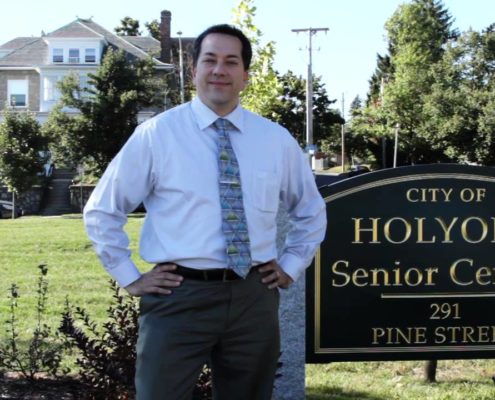Study Finds MA Inter-District School Choice Program a Success, but Should Be Updated
Policy makers should raise tuition rate, cap on program enrollment
BOSTON – With little fanfare or controversy, Massachusetts’ inter-district school choice program has allowed students to access better schools and spurred competition between districts, but the 27-year-old choice law should be updated to ensure the program’s continuing success, according to a new study published by Pioneer Institute.
“By providing a way for school districts to fill empty seats and allowing them to have sufficient enrollment to sustain niche programs, inter-district choice is a vehicle for delivering better and more efficient K-12 public education,” said Jamie Gass, director of Pioneer’s Center for School Reform.
In Inter-district School Choice in Massachusetts, author Roger Hatch writes that districts choosing to accept choice students receive $5,000 plus any additional special education costs from the sending district. When the special education increment and the Commonwealth’s two virtual schools (which are funded through the choice program and have an annual tuition rate of $6,700) are included, the average tuition was $6,123 in fiscal year 2017.
The choice program has grown steadily, from less than 1,000 students in FY 1992 to over 16,000 in FY 2017. Admission is by lottery if districts are over-subscribed.
Inter-district choice enrollment is capped at 2 percent of statewide public school enrollment and currently accounts for 1.71 percent of overall enrollment. If the program continues to grow at its current pace, it will bump up against the cap in the next four-to-six years.
A Department of Elementary and Secondary Education (DESE) analysis of 2014 MCAS scores found that, on average, choice students outperform resident students in the accepting district.
Inter-district choice is most popular in rural areas and on Cape Cod. Choice students account for half the enrollment in Petersham public schools and over 40 percent in Richmond and Provincetown.
Because students are counted in the sending district’s state funding allotment, known as Chapter 70, certain school districts realize an overall funding increase even when they lose students to another school district. In these 70 districts that receive the bulk of their education funding from the Commonwealth, the $5,000 choice tuition is less than their per-pupil allotment.
Noting that the tuition payment has never gone up in the program’s 27-year history and that state and local budgets have more than doubled during that time, Hatch recommends that the $5,000 payment should rise and that policy makers should reach agreement about the increments and pace of the increase.
“We need to strike a balance that incentivizes high-performing school districts to accept school choice students but maintains the fiscal stability of sending districts,” Roger Hatch said.
He also recommends raising the cap on program enrollment, which is set at 2 percent of statewide public school enrollment.
No regulations have ever been promulgated for the inter-district choice program. Hatch calls on DESE to establish regulations once the law is updated to provide guidance for districts that administer the program and parents and students who are weighing their choice options.
About the Author
Roger Hatch spent a long career working for the Commonwealth of Massachusetts in the areas of school and municipal finance. For 20 years he was the Administrator of School Finance at the Massachusetts Department of Elementary and Secondary Education. In addition to supervising the school choice program, the office works with the Governor’s staff, the legislature, advocacy groups, local officials and the general public, to develop, calculate, and explain the Chapter 70 state aid formula.
About Pioneer
Pioneer Institute is an independent, non-partisan, privately funded research organization that seeks to improve the quality of life in Massachusetts through civic discourse and intellectually rigorous, data-driven public policy solutions based on free market principles, individual liberty and responsibility, and the ideal of effective, limited and accountable government.
Get Updates on Our School Choice Research
Related Posts



















